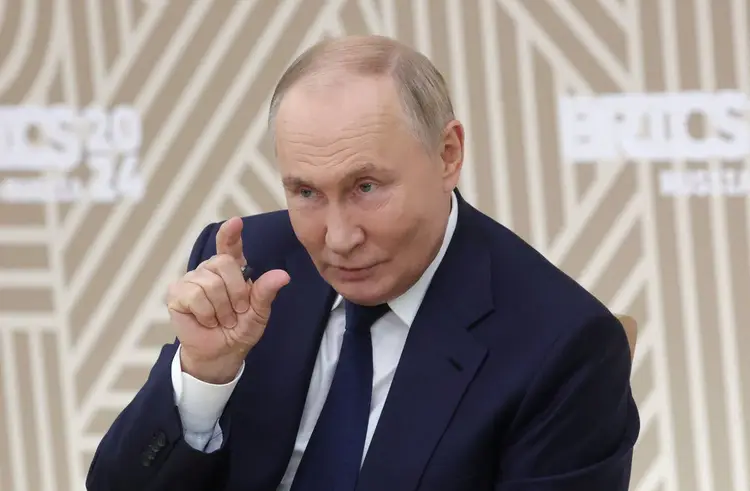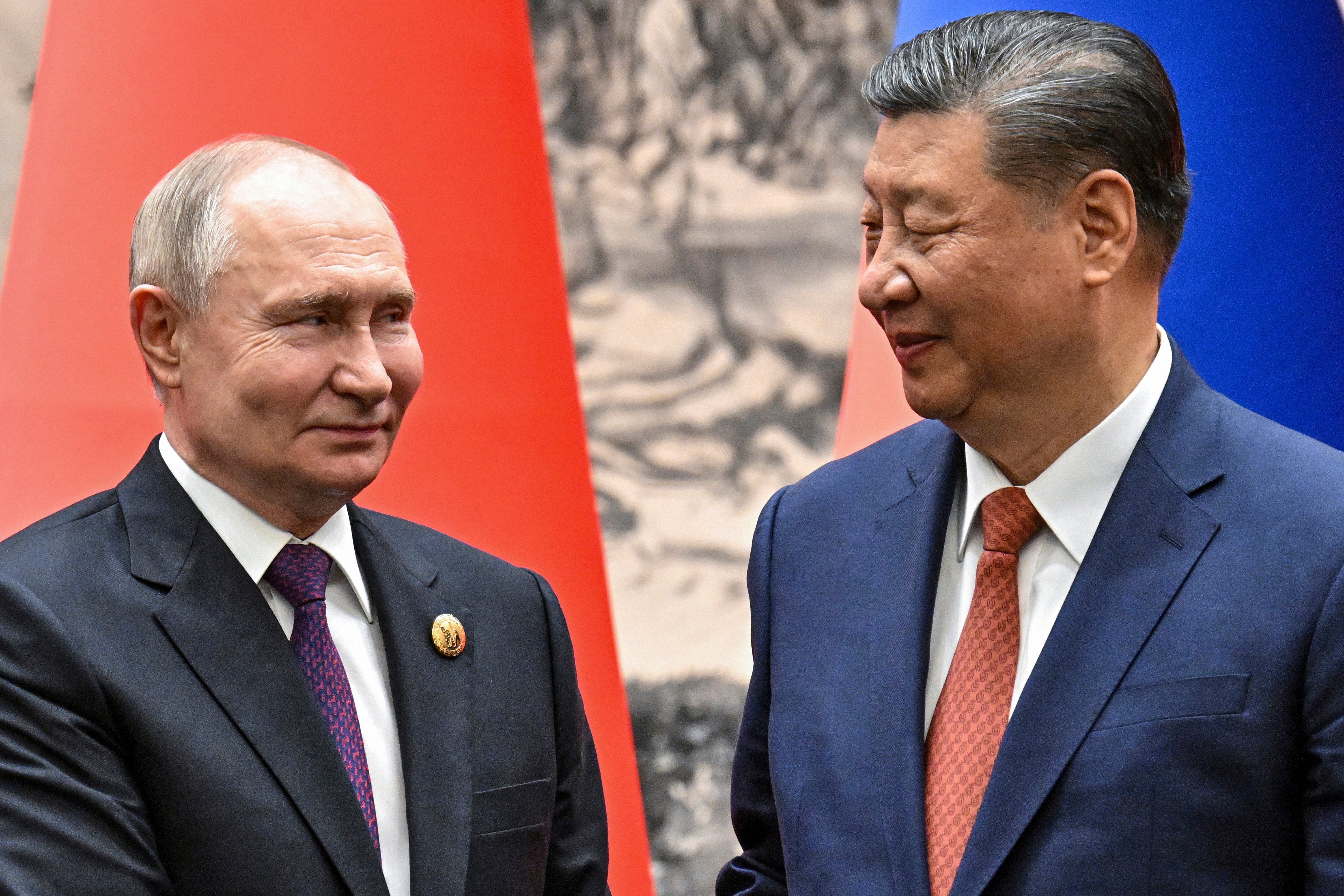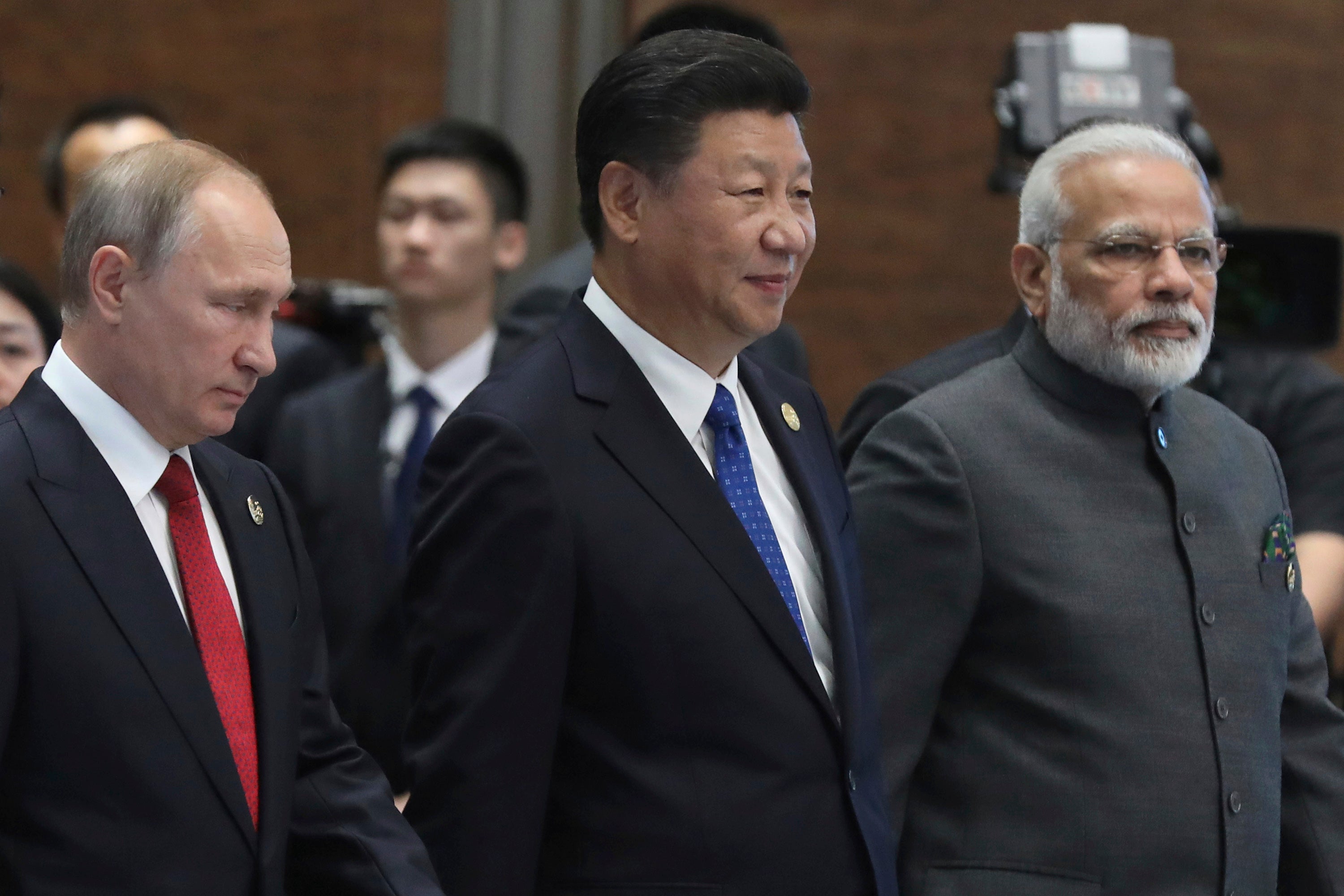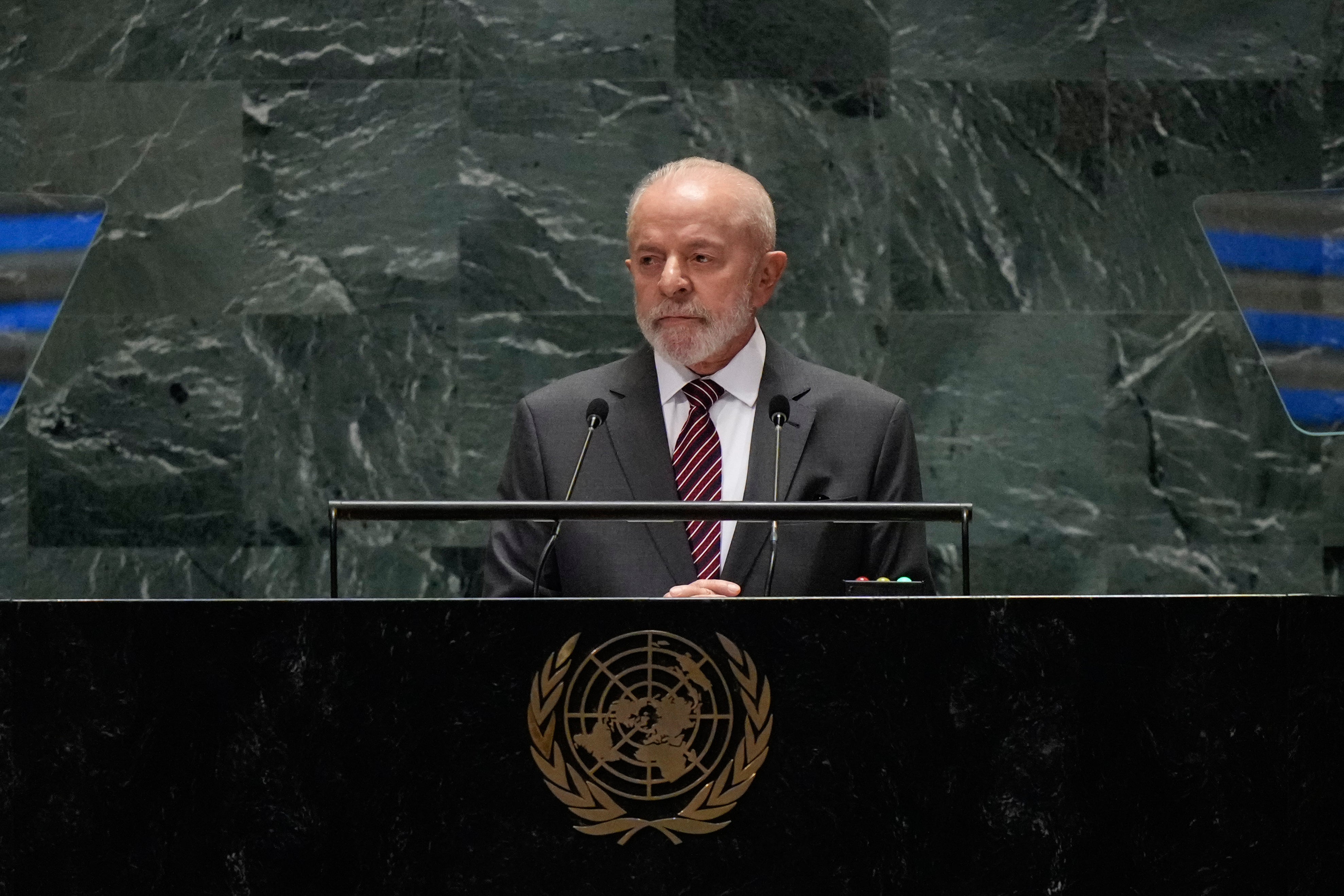Who is going to Brics summit in Russia – and who has dropped out

Sign Up For Free Real-Time News Alerts!
Subscribe To Our Free Breaking News Alerts
Leaders from the leading emerging economies around the globe have started to arrive in Kazan, a city in western Russia, where President Vladimir Putin will be hosting the 16th Brics summit. This marks the first meeting of the group since it expanded last year.

According to Russian media, a three-day summit kicks off on Tuesday, featuring the involvement of 33 nations, including 24 at the leadership level.
Mr. Putin, who faces charges from the International Criminal Court for supposed war crimes in Ukraine, will be pictured greeting various global leaders, such as Xi Jinping of China, Narendra Modi from India, Recep Tayyip Erdogan of Turkey, and Iran's recently elected president, Masoud Pezeshkian.
Brics, which started as a diplomatic group made up of Brazil, Russia, India, China, and South Africa, positions itself as an alternative to the Western-led G7. Over the years, it has gained significant global attention, and the most recent summit drew an exceptional amount of interest, something we haven't seen since the group's inception 15 years ago.
Previously viewed as a casual grouping of various developing nations, Brics has become more structured in recent years. This transformation was initially spearheaded by China, and gained further momentum from Russia following the onset of the Ukraine conflict in February 2022.
Last year marked a significant milestone for the bloc as it welcomed its first major expansion, with Iran, the UAE, Ethiopia, and Egypt becoming new members. Since then, several other nations have shown interest in joining, which could enhance the bloc's economic power.

According to the Chinese foreign ministry, President Xi will attend the Kazan meeting. He is scheduled to take part in the summit alongside other leaders and will also join various expert discussions, where he will talk with other heads of state about global issues.
Even with the economic difficulties it faces, China continues to be the driving force behind Brics, accounting for nearly 70 percent of the group's total GDP in 2022.
Mao Ning, a spokesperson for the ministry, stated, “China is prepared to collaborate with everyone to enhance Brics cooperation, marking the beginning of a new chapter of solidarity and self-sufficiency for the Global South, and collectively advancing peace and development around the globe.”
India is dispatching Prime Minister Modi to the summit. His presence is viewed as an important milestone for Indian foreign relations. Ever since the onset of the conflict in Ukraine, New Delhi has managed to sustain strong diplomatic relations with Russia, while also aiming to strengthen its trade links with Western nations.
The summit is viewed as a chance for Mr. Xi and Mr. Modi to connect in the context of the ongoing tensions over their countries' contested border, though there has been no official word about a bilateral meeting. Just before the summit on Monday, India's foreign ministry confirmed that an agreement had been made regarding troop patrols and the withdrawal of forces at the border.

South African President Cyril Ramaphosa, who organized the last summit, will head a sizable group in Kazan, according to the country's representative, Mzuvukile Maqetuka. He described the upcoming summit in 2024 as "very important."
Leaders from Egypt, Ethiopia, Belarus, Armenia, Kazakhstan, Mongolia, Bolivia, Congo, and Laos are also expected to be present.
UAE President Mohamed Bin Zayed Al Nahyan has landed in Russia and had a meeting with Mr. Putin during the summit.
Brazil's President Luiz Inacio Lula da Silva, a key founding member of Brics, has called off his visit to Russia due to an urgent health concern.
In an interview with GloboNews, President Lula's doctor, Roberto Kalil, revealed that the president experienced a fall that led to significant trauma at the back of his head. This injury necessitated stitches and caused a minor brain hemorrhage.
According to his office, he will join the Brics meeting through a video call.
Mr. Lula is set to host the upcoming G20 leaders' summit later this year, an event that Mr. Putin will likely avoid due to the arrest warrant issued against him by the International Criminal Court.
The growth of Brics is viewed as a victory for Mr. Xi, as he aims to enhance Beijing's international influence by engaging with countries that have comparable perspectives on the United States' dominance in global matters.

South Africa has shown support for Mr. Xi's initiative, but India has been cautious. They worry that a bigger and more powerful alliance might strengthen Beijing's influence, allowing it to further its own interests. Brazil, on the other hand, has expressed doubts as well and continues to nurture positive relationships with Western countries.
During a conference with media representatives from BRICS countries, Mr. Putin expressed his strong belief that the growth of BRICS will boost its appeal, global influence, and credibility. He noted that these effects are already becoming apparent.
Mr. Putin stated that over 34 nations have shown interest in becoming part of the group, including Malaysia, Thailand, Nigeria, Bolivia, and even Turkey, which is a member of NATO and currently on the waiting list.
Key Goals For BRICS 2024
Shifting away from the US dollar as the standard currency for global trade, known as dedollarisation, has become a key focus for the group. Under Mr. Putin's leadership, the summit aims to reshape the international monetary and financial system as a top priority, seeking to diminish the effects of Western sanctions, such as those placed on Russia following its invasion of Ukraine.
In its role as the head of the group, Russia has suggested creating the Brics Cross-Border Payment Initiative. This initiative would enable the member countries to trade using their own currencies.
BRICS countries have proposed developing a different messaging system to avoid relying on the SWIFT interbank communication network, which is dominated by the US and vulnerable to sanctions from the West.









































